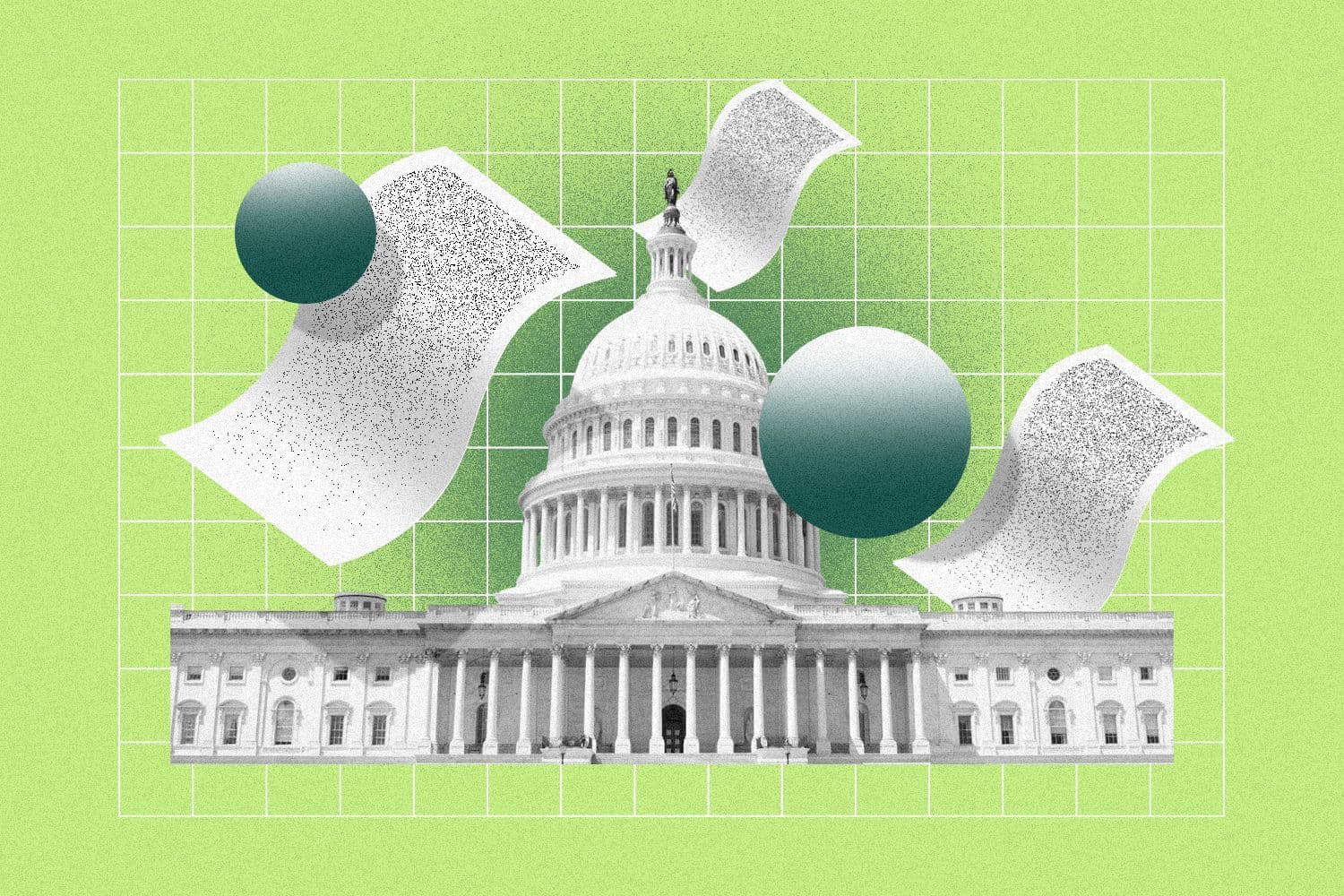Legislative lowdown: PWFA proposed rule, Maine paid leave, child labor laws
The EEOC proposed a rule with specific examples of accommodations employees may seek under the PWFA, including frequent breaks and remote work.

Francis Scialabba
• 4 min read
Courtney Vinopal is a senior reporter for HR Brew covering total rewards and compliance.
The Equal Employment Opportunity Commission (EEOC) recently issued a proposed rule for implementing the Pregnant Workers Fairness Act, which went into effect June 27. Here’s what HR pros should know about those proposed regulations, as well as state laws on paid leave and child labor.
Proposed PWFA rule. The PWFA requires employers with 15 or more workers to provide reasonable accommodations to employees who are pregnant, have given birth, or are experiencing related medical conditions.
The EEOC’s proposed rule, published on August 11, lays out what employers need to know in order to comply with the law, and provides specific examples of possible reasonable accommodations workers may seek under the PWFA.
Among possible accommodation requests supervisors and HR specialists may field, per the EEOC proposed rule:
- Frequent breaks. An employee who’s pregnant or recovering from childbirth may request more frequent restroom breaks, for example, or breaks for lactation reasons.
- Schedule changes, part-time work, and paid and unpaid leave. Leave that’s accrued, part of a short-term disability program, or provided as another benefit is considered a potential reasonable accommodation.
- Telework. Employees may request to work-from-home if they’re on bed rest, for example.
- Making existing facilities accessible or modifying the work environment. Employees may request that employers move their workspace closer to the restroom, for example, or make changes to allow them to pump breast milk at work.
The EEOC is currently accepting comments on the proposed rule. “We encourage the public to provide meaningful feedback about how the proposal would impact workplaces and ways to assist employers and workers in understanding the law,” EEOC Chair Charlotte A. Burrows said in a statement.
Maine enacts paid leave law. Maine will offer paid family and medical leave to workers starting in 2026, following the July 11 approval of a budget that allocates funding for the new law. Thirteen other states and Washington, DC already offer such a program.
Quick-to-read HR news & insights
From recruiting and retention to company culture and the latest in HR tech, HR Brew delivers up-to-date industry news and tips to help HR pros stay nimble in today’s fast-changing business environment.
Under the new legislation, most workers will be allowed to take up to 12 weeks of leave each year for a variety of reasons, including taking care of a loved one, bonding with a new child, or dealing with a serious medical condition, according to the Center for American Progress (CAP).
The amount of money workers receive while on leave will be determined as a share of their income, with lower-paid workers receiving a higher share of paid leave. Those earning $13.80 an hour (Maine’s minimum wage), for example, will receive $496.77 per week, compared to their typical $552 weekly income, CAP estimated.
Maine employers should notify employees of the benefits available to them under this program within 30 days of hiring them, per attorneys from the law firm Littler.
Child labor rollbacks continue. As of August 1, the state of Arkansas is no longer seeking age verification or permission to employ children under the age of 16, following the enactment of a law rolling back child labor protections.
Employers must still comply with applicable state and federal laws if they’re seeking to hire a child under the age of 16, the Arkansas Department of Labor and Licensing states on its website. There are certain types of employment that remain unlawful to this age group, including scaffolding, operating certain types of machinery, and working on a railroad.
The Arkansas law is part of a wave of new legislation that seeks to loosen regulations for employing children. Some 14 states have introduced similar laws, according to tracking by the Economic Policy Institute.
Quick-to-read HR news & insights
From recruiting and retention to company culture and the latest in HR tech, HR Brew delivers up-to-date industry news and tips to help HR pros stay nimble in today’s fast-changing business environment.